Doing Inclusive Education
Inclusive education is about recognizing that there is no such thing as a “normal” student. Inclusive classrooms welcome everyone, and seek to make learning accessible for students with diverse experiences, abilities, and interests. This sounds like a lot of work, but according to Shelley Moore, “It’s not more work, it’s different work!”
Approaches to education that come from a developmental, relationship-based perspective are a good fit in inclusive classrooms. Strategies used to support students with autism are generally strategies that will benefit all students (Villa and Thousand, 2000):
- cooperative and partner learning
- learning through observation and exploration
- balanced literacy
- interdisciplinary (integrated) units
- authentic assessment
- social and emotional learning as the foundation for academic success
A universal design for learning approach allows for the flexibility needed to support students with autism, as well as all other students, in the classroom. There are many people finding ways to put this concept into action. The wisdom shared by the people and resources below will benefit all students, not just those on the autism spectrum:
Jennifer Katz: Three-Block Model of Universal Design
How exactly do you plan your classroom to allow every student to participate in a way that meets them where their abilities are now, and also challenges them to grow?
Universal Design started as an architectural concept. Planning a building to allow access for all kinds of people – ramps work for parents with strollers, wheelchair users – works better than having to add extra structures to an existing building. Universal Design for Learning (UDL) recognizes that everyone has unique ways of understanding information and learning skills. It addresses both social and academic needs of learners – because students need to be comfortable and feel safe in order to learn well. This approach aims to create classrooms that are true communities, where everyone is welcome, everyone learns and everyone benefits from what others can contribute.
Dr. Jennifer Katz (formerly University of Manitoba, now at the University of British Columbia, Faculties of Education) has designed a model explaining one approach to universal design for learning, starting with her book, Teaching to Diversity: The Three-Block Model of Universal Design for Learning. She has supplemented her model with additional books, sample units, rubrics for assessment, and videos available on her website.
It’s not more work, it’s different work!
Shelley Moore
Shelley Moore: Five Moore Minutes
Shelley Moore has created a series of excellent videos explaining aspects of inclusive education. On her website, Five Moore Minutes, she offers a blog about inclusive planning and teaching, information about learning opportunities, videos and links to social media. To get a sense of her message, check out her comparison of teaching and bowling:
Paula Kluth: Inclusion Rules
Dr. Paula Kluth is a consultant, author, advocate, and independent scholar who works with teachers and families to provide inclusive opportunities for students with disabilities and to create more responsive and engaging schooling experiences for all learners. Paula is a former special educator who now writes, speaks, and advocates for inclusive classrooms and teachers. If you have a chance to hear her speak, it would be well worth your time!
Her work is full of specific examples of teaching strategies to help all students engage in learning activities. She also has an excellent book (and webinar) on co- teaching.
Her website contains a blog, book lists, videos, updates on webinars, and other resources.
Manitoba Council for Exceptional Children
The Manitoba Council for Exceptional Children exists to advance effective educational practices for children and youth (ages 0-21) with exceptional needs through advocacy, support and professional development for educators and families. They also celebrate the achievements of children and youth with exceptional needs and the people who support them.
At CEC, you’ll find books, journals, webinars, advocacy, and events tailored to your professional needs. Whether that’s teaching children with exceptionalities, running a special education program, researching education topics, or training the next generation of special educators, CEC has resources for you.
Membership offers a variety of benefits – check the website for details.
Manitoba Education Documents Supporting Inclusion
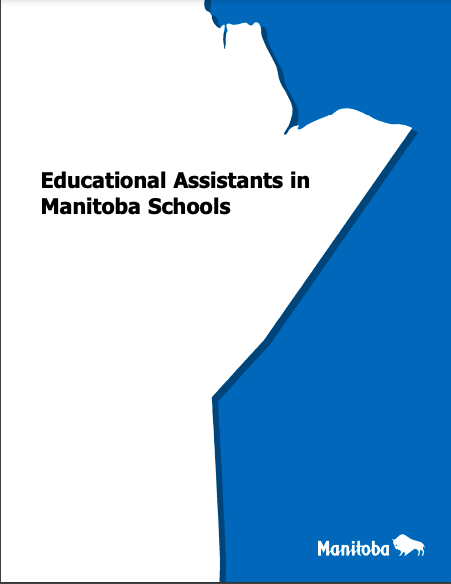
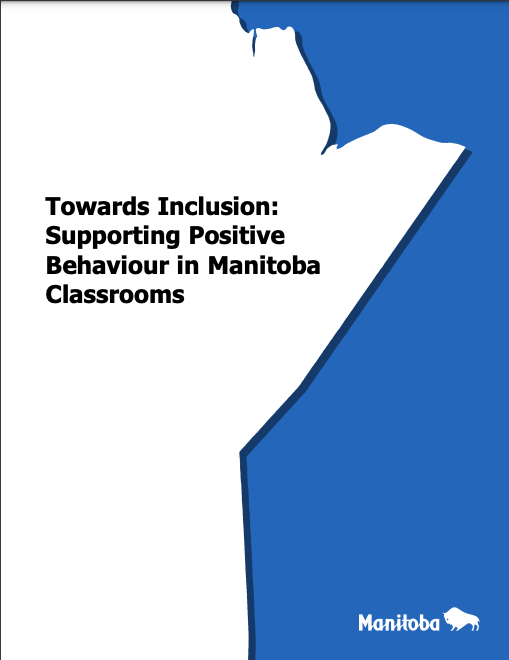
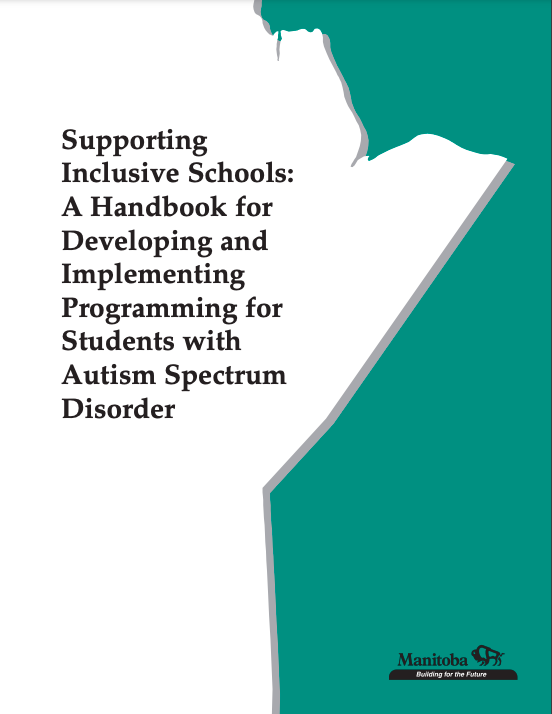

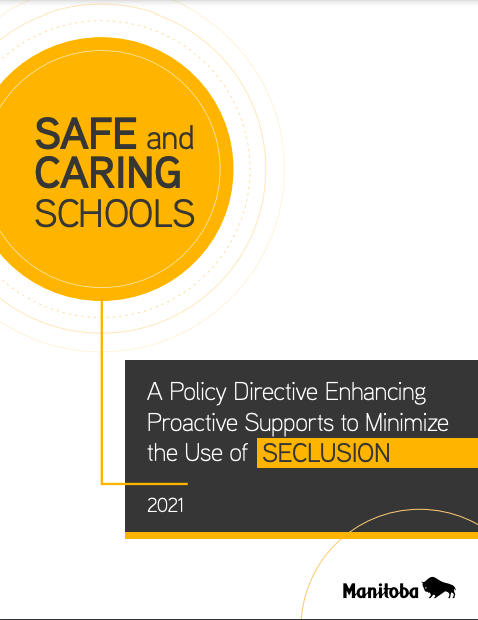




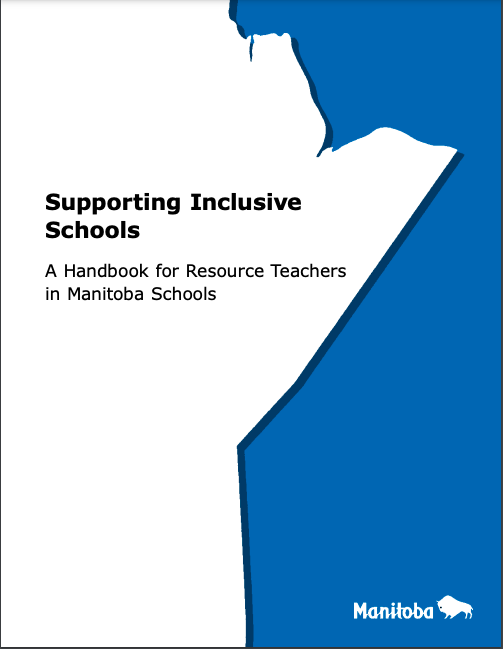
Success for All Learners is a well-appreciated resource listing many ways to differentiate instruction for student success. It and other provincial resources can be found on Manitoba Education’s Student Services page.
Other UDL Links:
- Dr. Burgstahler of the University of Washington explains UDL and provides links to other resources in her “Do It” series.
- CAST: Transforming Education Through Universal Design for Learning
- National Center on Universal Design for Learning
- Inclusive Education Canada
- The Inclusive Class Website
Inclusive Education Book Recommendations
Click on a book cover or title to link to Amazon.ca; purchases within 24 hours earn us a commission at no cost to you.




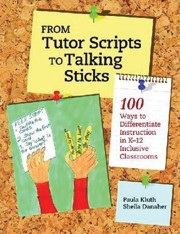

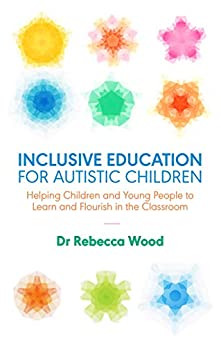
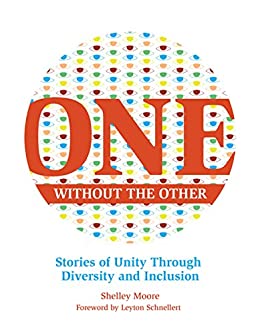



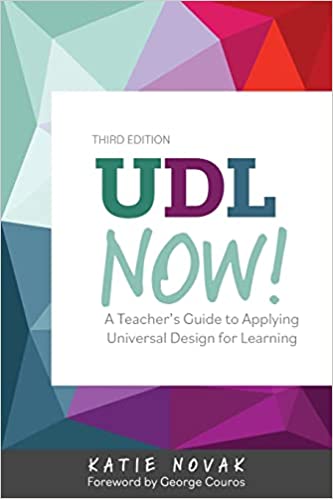
- Teaching to Diversity (2012) and Resource Teachers (2013) by Jennifer Katz
- One Without the Other (2017) and All for One: Designing Individual Education Plans for Inclusive Classrooms (2022) by Shelley Moore
- “You’re Going to Love This Kid!”: Teaching Students with Autism in the Inclusive Classroom (2010), Joyful Learning (2017), From Tutor Scripts to Talking Sticks (2017), and other books by Paula Kluth
- It’s More Than “Just Being In”: Creating Authentic Inclusion for Students with Complex Support Needs by Cheryl M. Jorgensen Ph.D.
- The Paraprofessional’s Handbook for Effective Support in Inclusive Classrooms (2020) by Julie Causton
- Student Diversity: Teaching Strategies to Meet the Learning Needs of All Students in K-10 Classrooms (2016) by Faye Brownlie , Catherine Feniak and Leyton Schnellert
- UDL Now! A Teacher’s Guide to Applying Universal Design for Learning (2022) by Katie Novak
- Inclusive Education for Autistic Children (2019) by Rebecca Wood
- Essential Questions: Opening Doors to Student Understanding (2013) by Jay McTighe and Grant Wiggins
More Topics for Educators:


